Measurement areas
- Governance & Strategy
- Genetic Resources
- Intellectual Property
- Research & Development
- Seed Production
- Marketing & Sales
- Capacity Building

The Access to Seeds Index is now part of the World Benchmarking Alliance. All indexes up to 2020 can be found here. New indexes and methodologies are published on the website of the WBA.
Stay here worldbenchmarkingalliance.orgThe Access to Seeds Index evaluates leading seed companies with an integrated seed business model (including breeding, production and distribution) and activities in food crops. The selection of global companies is based on seed revenues, presence and portfolio, while the selection of regional companies is the result of landscaping studies of national seed sectors to identify leading companies in each region. The methodology development is overseen by expert review committees, composed of global experts and experts from the regions.
The 2019 Access to Seeds Index for Eastern and Southern Africa is comprised of 22 seed companies. Evaluation of company performance is based on publicly available information as well as information provided through active company engagement. Three-quarters of the selected companies disclosed additional data via a questionnaire. The index therefore offers insights not yet available in the public domain.
The index is a relative ranking, which compares companies with each other rather than against an absolute, ideal state. As such, companies set and raise the bar. The index uses a weighted scorecard approach to measure and compare company performance. A total of 59 indicators are grouped in seven measurement areas. Each measurement area has four categories of indicators: Commitment, Performance, Transparency and Leadership. A company’s overall score is the weighted sum of the scores in each measurement area.

The idea to develop an Access to Seeds Index for Western and Central Africa was announced at the FAO in Rome, Italy on June 3, 2016.

During a consultation workshop on October 25, 2016, organized in Abidjan, Côte d’Ivoire by AfricaSeeds, the Bill & Melinda Gates Foundation, and GIZ representatives from national governments and the African Union provided input for the methodology.

Farmer organizations from Western and Central Africa provided input for the methodology during a roundtable hosted by CPF, ROPPA and Asprodeb in Ouagadougou, Burkina Faso on October 18-19, 2016.
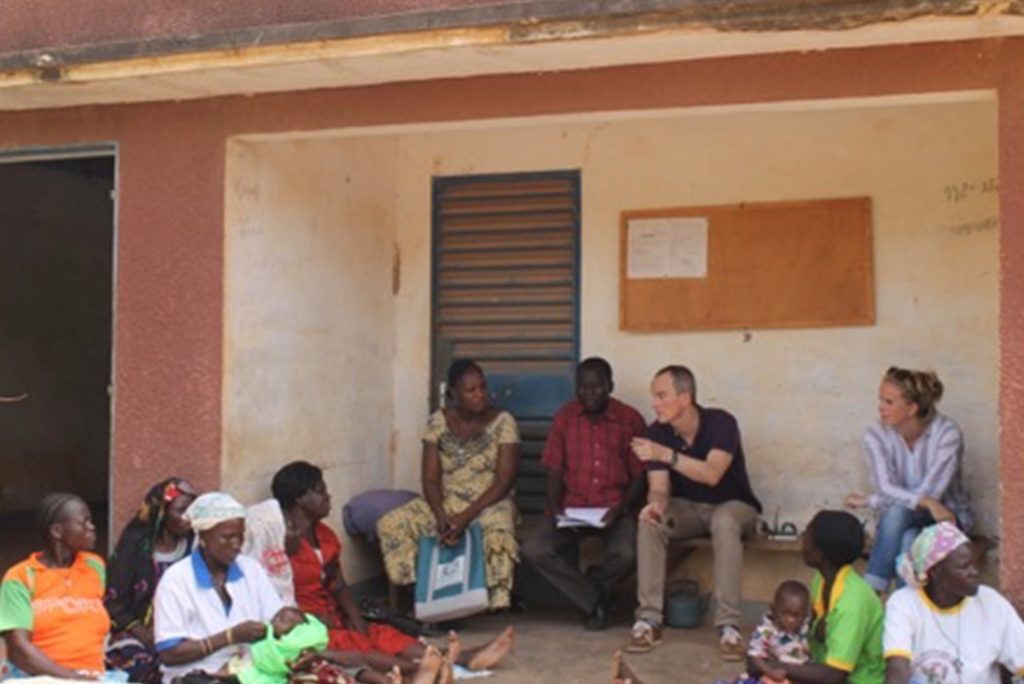
During 2016 and 2017, the Access to Seeds team made various field trips to consult local farmer organizations and seed companies about the accessibility of quality seed in the region. Photo: Women smallholder farmer consultation in Burkina Faso, October 21, 2016.
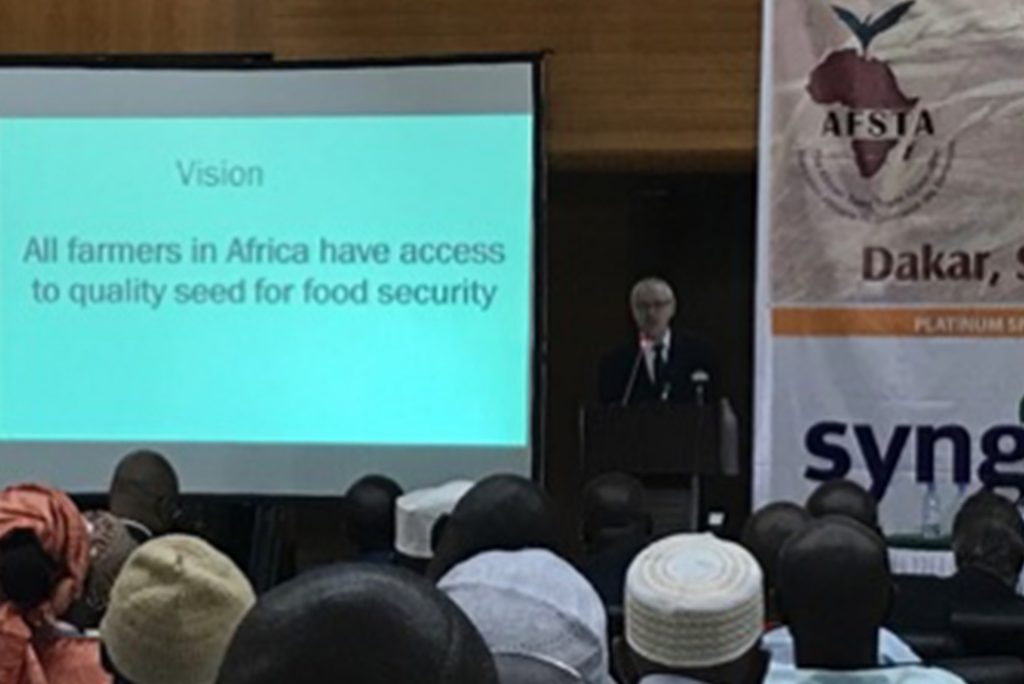
At the 2017 AFSTA Congress in Dakar, Senegal (February 28-March 2), the plan to include all sub-Saharan African countries in the scope of the Access to Seeds Index was discussed with the regional industry.
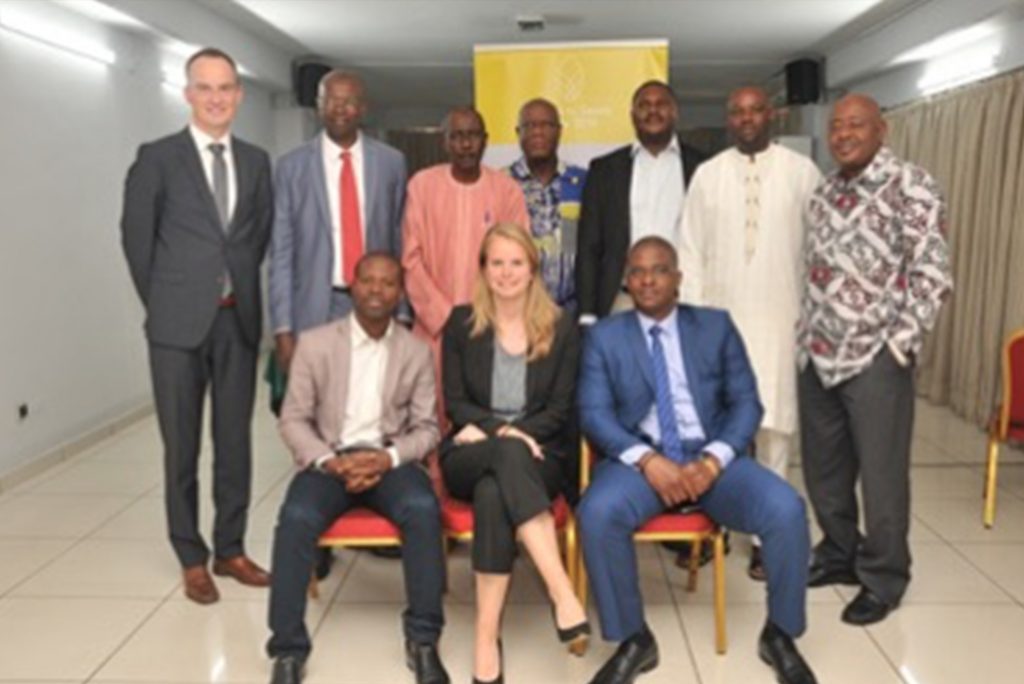
The Expert Review Committee met in Abidjan, Côte d’Ivoire on October 10, 2017 to discuss the methodology for the regional index.
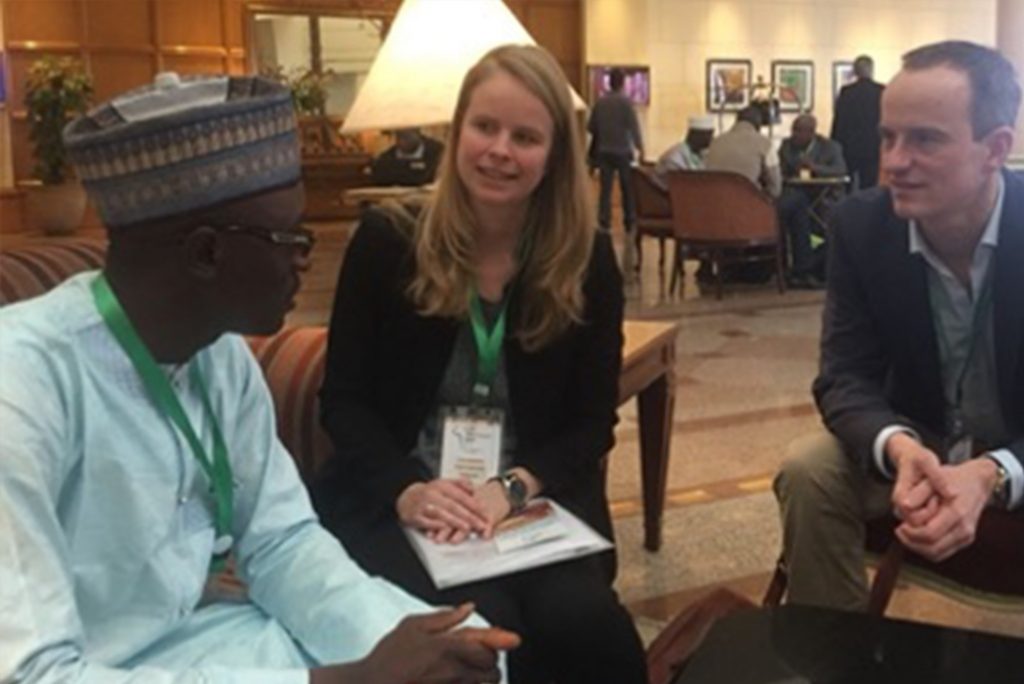
At the 2018 AFSTA Congress in Cairo, Egypt (February 27-March 1), the Access to Seeds team met with several of the companies included in the Index for Western and Central Africa and outlined the company selection and data collection process.
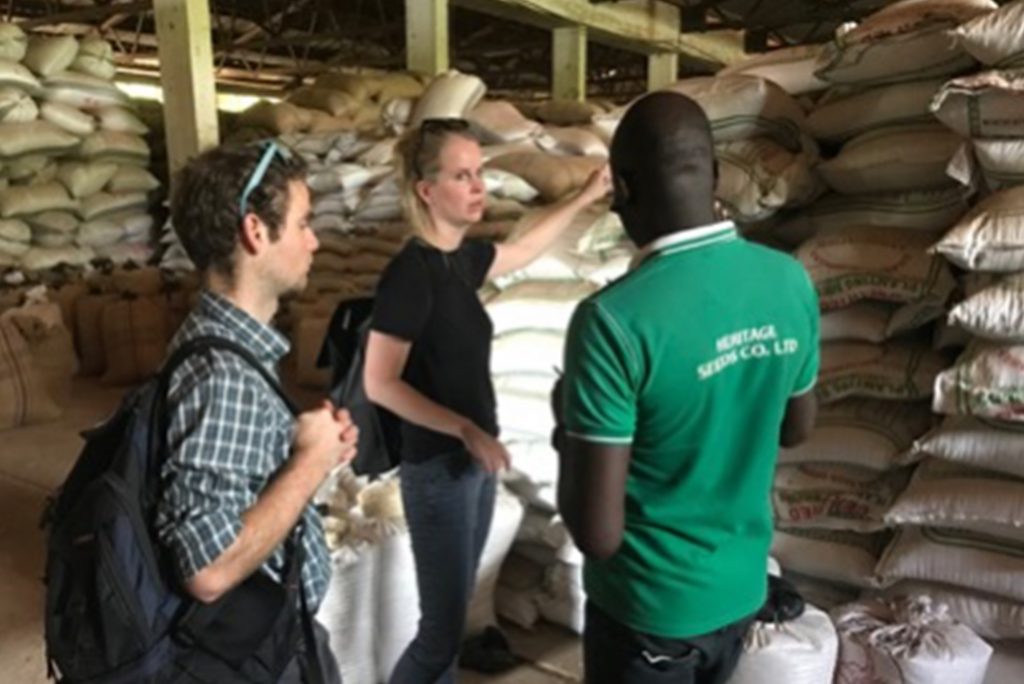
In 2017 and 2018, the Access to Seeds team made various visits to seed companies in the region to familiarize the industry with the index. Photo: Visit to Heritage Seeds, Ghana, April 16, 2018.